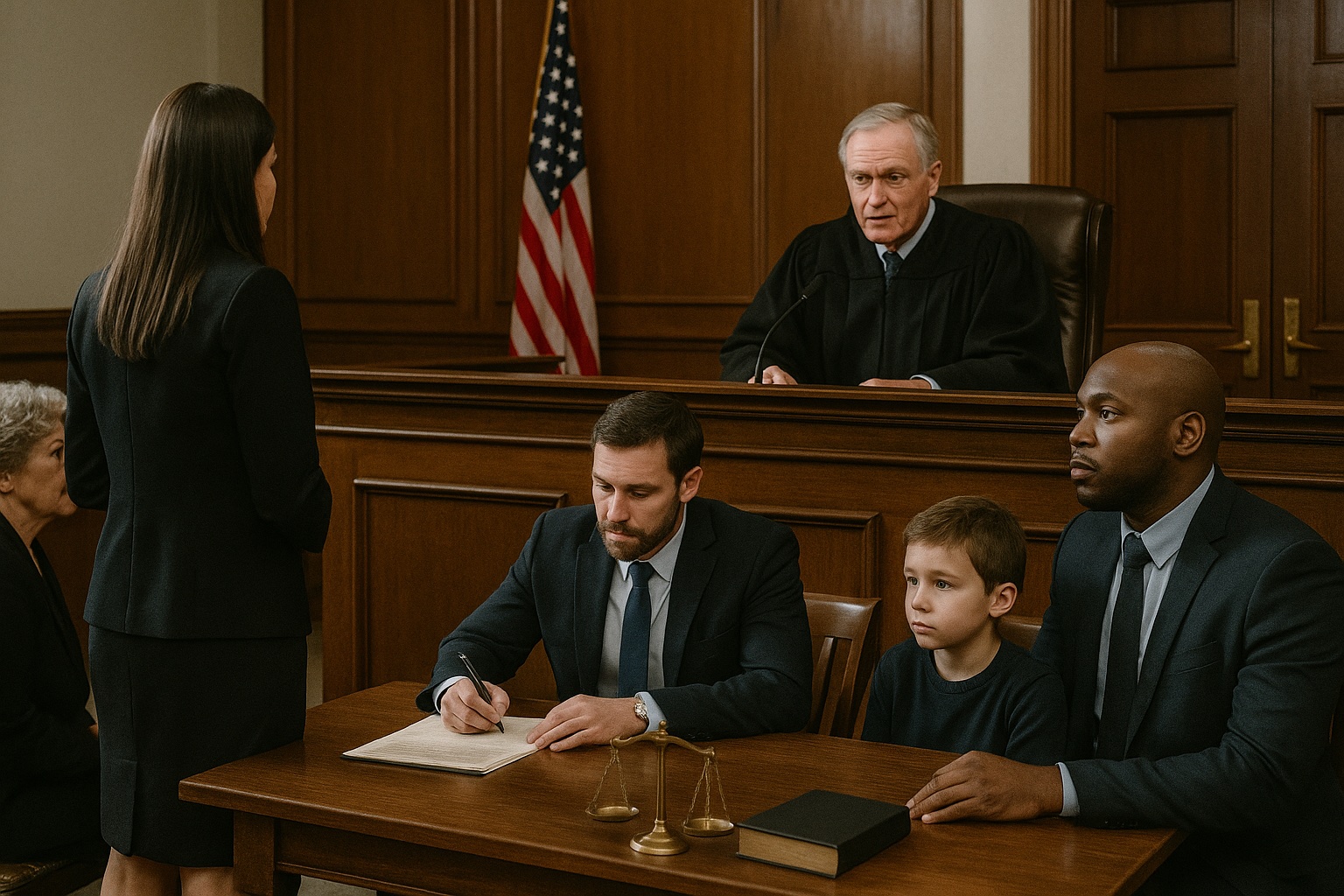What Happens If a Child Is Injured in a Car Accident in California?
When a child is injured in a car accident, the legal process is different — and often more complex — than it is for adults. California law has special protections in place to safeguard minors, which impacts how injury claims and settlements are handled.
Children Have the Same Right to Compensation
Under California law, minors are entitled to the same damages as adults, including:
- Medical expenses (past and future)
- Pain and suffering
- Emotional distress
- Long-term care or therapy
However, because children cannot legally file lawsuits or enter into settlements on their own, the process requires court oversight.
What Is a Minor’s Compromise?
A "minor’s compromise" is a legal procedure that allows a parent or guardian to settle a personal injury claim on behalf of a child — but the court must approve it. This ensures that:
- The settlement is fair and in the best interest of the child
- The money is protected until the child turns 18 (often held in a blocked account)
- Any attorney fees or medical liens are reviewed and approved by the court
Failing to follow this process can result in a voided settlement or delays in accessing the funds. In California, any settlement amount of $5,000 or more intended for the benefit of a minor must go through the minor’s compromise process and receive court approval — regardless of whether a lawsuit was formally filed.
What Does the Minor’s Compromise Process Involve?
Once a settlement is reached, a petition for minor’s compromise is filed with the court. The process generally includes:
- Filing the Petition: The child’s parent or guardian (called the “guardian ad litem”) files a formal petition with the court detailing the injury, the proposed settlement amount, attorney fees, and how the funds will be allocated or protected.
- Supporting Documents: The petition includes medical records, settlement agreements, expense breakdowns, and any lien documentation (such as from hospitals or insurance providers).
- Court Review and Hearing: A judge reviews the petition to determine whether the settlement is fair and in the best interest of the child. In some cases, the judge may ask questions during a short hearing.
- Judicial Approval: If the judge approves, an order is issued finalizing the settlement. The funds are then deposited into a court-approved account — typically a blocked account or structured annuity — as outlined in the court order.
- Disbursement and Monitoring: The funds remain protected until the child turns 18. Any early withdrawals must be court-approved and justified (e.g., for medical care or education).
How Settlements Are Managed for Minors
In most cases, the compensation awarded to a minor will be held in a blocked trust account, which can only be accessed with court permission until the child turns 18. This prevents misuse of the funds and ensures they are available for the child’s future needs.
In some situations, especially where the settlement is substantial or long-term care is required, the funds may be structured through an annuity. A structured settlement provides:
- Tax-free payments distributed over time
- Guaranteed income at specified ages (e.g., 18, 21, 25)
- Financial protection for medical or educational needs
The court will review any structured settlement proposal to ensure it serves the minor’s best interests. Annuities are often used to provide predictable income for medical care, college tuition, or other future expenses.
Special Considerations for Medical Treatment and Records
Children may not be able to articulate their symptoms clearly, and injuries can affect them differently depending on their age and development. That’s why it’s important to:
- Maintain regular follow-ups with pediatric specialists
- Monitor for emotional or psychological effects from the crash
- Document long-term care needs like physical therapy, special education support, or counseling
- Forecast future medical and developmental expenses
Why You Need a Lawyer
Child injury cases require a lawyer who understands the minor’s compromise process and how to build a case around long-term impacts. An experienced attorney can:
- File the correct petitions and documentation
- Ensure court compliance at every stage
- Maximize the child’s recovery while protecting their legal rights
- Work with pediatricians, specialists, and economists to assess long-term damages
- Present structured settlement or annuity proposals that meet court requirements and serve the child's future
If your child has been injured in a car accident, don’t wait. Legal guidance is essential to ensure they receive full and fair compensation — now and in the future.







